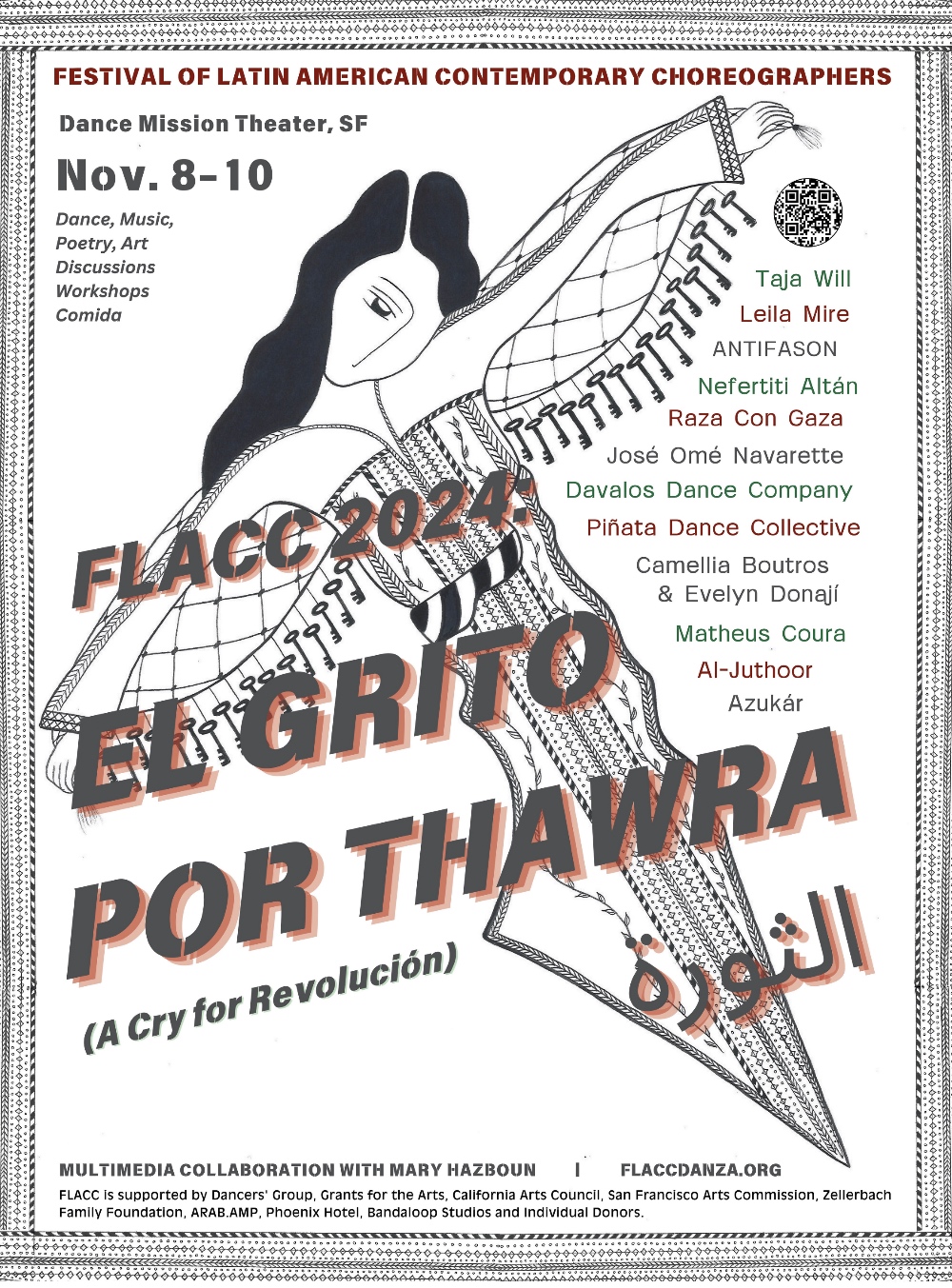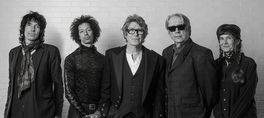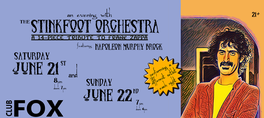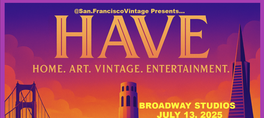In its 11th revolution around the sun, the Festival of Latin American Contemporary Choreographers (FLACC) is calling for "Revolution" (the only solution), with a transnational solidarity approach to art and resistance. El Grito por Thawra showcases eleven performances throughout the weekend of Nov. 8, 9, & 10, representing social justice issues that center local immigrant, queer, feminist and indigenous perspectives that extend to Palestine.
Its curatorial theme, El Grito Por Thawra (A Cry for Revolution) reflects the purpose of the festival and who is involved. "El Grito" (meaning "the scream, or cry" in Spanish) is referencing both a vocal call, commonly expressed by Mexican Ranchero singers, as well as the Historic speech given in 1810 by Miguel Hidalgo, a priest from Dolores, Guanajuato who sparked an indigenous-led Mexican revolution against the Spanish colonizers shouting "¡Viva Mexico!". FLACC is reviving its 2020 El Grito curatorial theme which was also held during the previous U.S. election season four years ago.
The word "Thawra" translated in Arabic as "Revolution," is a term and concept which gained momentum during the protests of the Arab Spring throughout the Middle East in the 2010's. It was generated in a curatorial meeting with our Palestinian comrades at a local cafe last June.
El Grito por Thawra begins on Friday and Saturday at 7:30pm to witness "ether-NITY" -- a new experimental performance by José Omé Mazatl across the street at the 24th Street Bart Plaza that blends reality with fiction, addressing past wounds to heal and liberate the body.
The festival will end on Sunday, Nov. 10 after a day of Community Care activities including a workshop facilitated by Amara Tabor-Smith, catering Cuban-Palestinian fusion Azukár, a panel discussion and several performances concluding with local Palestinian Debke dance troupe, Al-Juthoor.
show less
Its curatorial theme, El Grito Por Thawra (A Cry for Revolution) reflects the purpose of the festival and who is involved. "El Grito" (meaning "the scream, or cry" in Spanish) is referencing both a vocal call, commonly expressed by Mexican Ranchero singers, as well as the Historic speech given in 1810 by Miguel Hidalgo, a priest from Dolores, Guanajuato who sparked an indigenous-led Mexican revolution against the Spanish colonizers shouting "¡Viva Mexico!". FLACC is reviving its 2020 El Grito curatorial theme which was also held during the previous U.S. election season four years ago.
The word "Thawra" translated in Arabic as "Revolution," is a term and concept which gained momentum during the protests of the Arab Spring throughout the Middle East in the 2010's. It was generated in a curatorial meeting with our Palestinian comrades at a local cafe last June.
El Grito por Thawra begins on Friday and Saturday at 7:30pm to witness "ether-NITY" -- a new experimental performance by José Omé Mazatl across the street at the 24th Street Bart Plaza that blends reality with fiction, addressing past wounds to heal and liberate the body.
The festival will end on Sunday, Nov. 10 after a day of Community Care activities including a workshop facilitated by Amara Tabor-Smith, catering Cuban-Palestinian fusion Azukár, a panel discussion and several performances concluding with local Palestinian Debke dance troupe, Al-Juthoor.
In its 11th revolution around the sun, the Festival of Latin American Contemporary Choreographers (FLACC) is calling for "Revolution" (the only solution), with a transnational solidarity approach to art and resistance. El Grito por Thawra showcases eleven performances throughout the weekend of Nov. 8, 9, & 10, representing social justice issues that center local immigrant, queer, feminist and indigenous perspectives that extend to Palestine.
Its curatorial theme, El Grito Por Thawra (A Cry for Revolution) reflects the purpose of the festival and who is involved. "El Grito" (meaning "the scream, or cry" in Spanish) is referencing both a vocal call, commonly expressed by Mexican Ranchero singers, as well as the Historic speech given in 1810 by Miguel Hidalgo, a priest from Dolores, Guanajuato who sparked an indigenous-led Mexican revolution against the Spanish colonizers shouting "¡Viva Mexico!". FLACC is reviving its 2020 El Grito curatorial theme which was also held during the previous U.S. election season four years ago.
The word "Thawra" translated in Arabic as "Revolution," is a term and concept which gained momentum during the protests of the Arab Spring throughout the Middle East in the 2010's. It was generated in a curatorial meeting with our Palestinian comrades at a local cafe last June.
El Grito por Thawra begins on Friday and Saturday at 7:30pm to witness "ether-NITY" -- a new experimental performance by José Omé Mazatl across the street at the 24th Street Bart Plaza that blends reality with fiction, addressing past wounds to heal and liberate the body.
The festival will end on Sunday, Nov. 10 after a day of Community Care activities including a workshop facilitated by Amara Tabor-Smith, catering Cuban-Palestinian fusion Azukár, a panel discussion and several performances concluding with local Palestinian Debke dance troupe, Al-Juthoor.
read more
Its curatorial theme, El Grito Por Thawra (A Cry for Revolution) reflects the purpose of the festival and who is involved. "El Grito" (meaning "the scream, or cry" in Spanish) is referencing both a vocal call, commonly expressed by Mexican Ranchero singers, as well as the Historic speech given in 1810 by Miguel Hidalgo, a priest from Dolores, Guanajuato who sparked an indigenous-led Mexican revolution against the Spanish colonizers shouting "¡Viva Mexico!". FLACC is reviving its 2020 El Grito curatorial theme which was also held during the previous U.S. election season four years ago.
The word "Thawra" translated in Arabic as "Revolution," is a term and concept which gained momentum during the protests of the Arab Spring throughout the Middle East in the 2010's. It was generated in a curatorial meeting with our Palestinian comrades at a local cafe last June.
El Grito por Thawra begins on Friday and Saturday at 7:30pm to witness "ether-NITY" -- a new experimental performance by José Omé Mazatl across the street at the 24th Street Bart Plaza that blends reality with fiction, addressing past wounds to heal and liberate the body.
The festival will end on Sunday, Nov. 10 after a day of Community Care activities including a workshop facilitated by Amara Tabor-Smith, catering Cuban-Palestinian fusion Azukár, a panel discussion and several performances concluding with local Palestinian Debke dance troupe, Al-Juthoor.
show less
Date/Times:
Dance Mission Theater
1 Upcoming Events
3316 24th Steet, San Francisco, CA 94110
The Best Events
Every Week in Your Inbox
From Our Sponsors
UPCOMING EVENTS
Great suggestion! We'll be in touch.
Event reviewed successfully.









